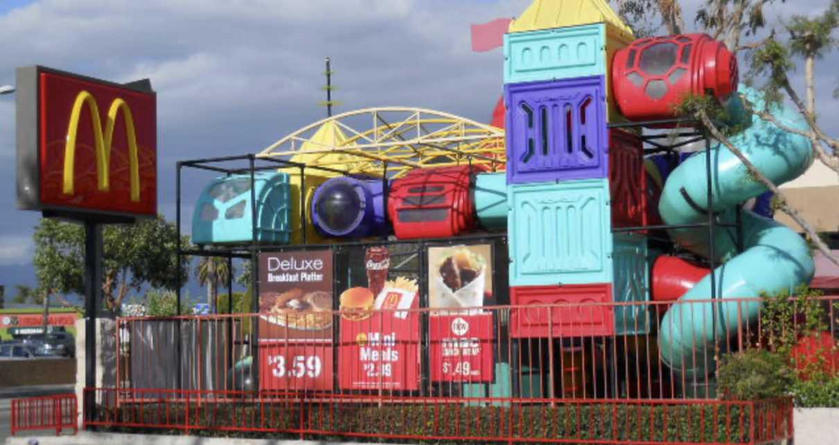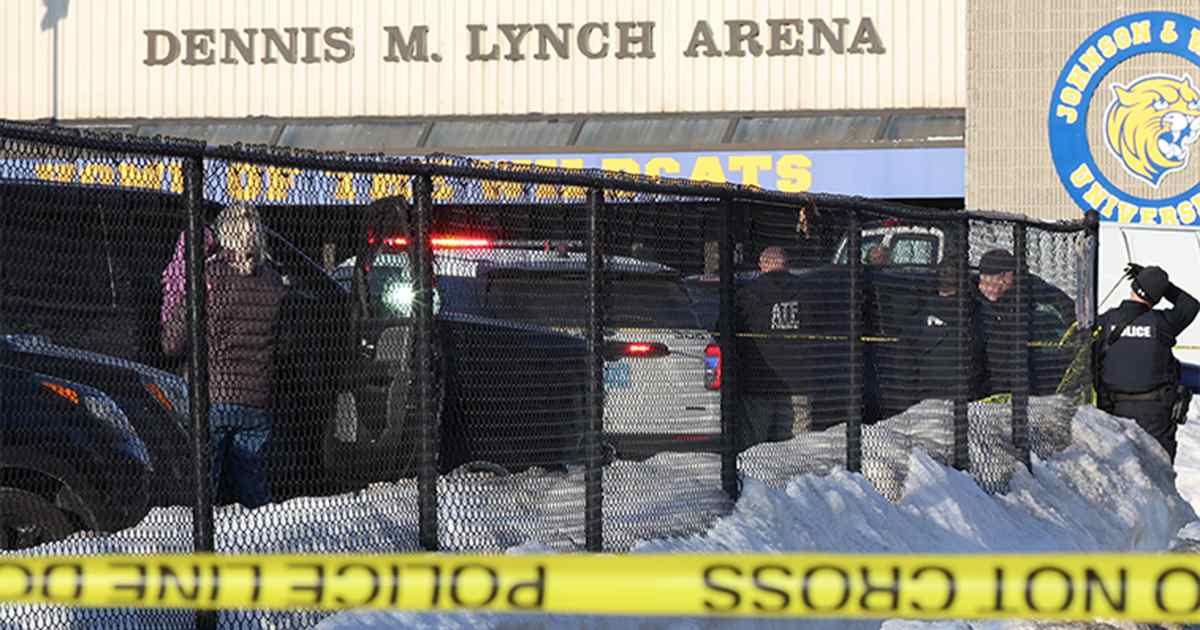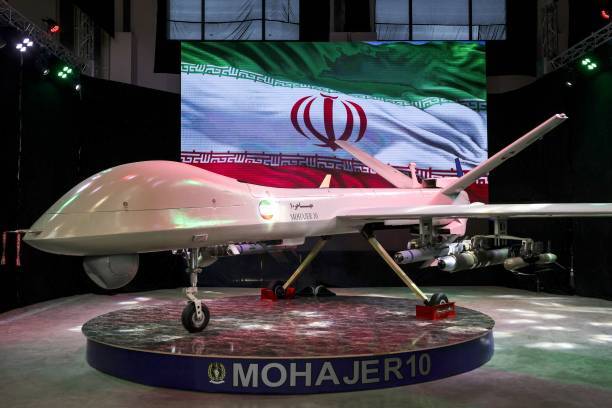 Americans - not just the rich ones - used to be able to afford to eat steak every now and then. America is becoming a place where most people can't afford to buy a hamburger - or a burrito - at a fast food chain. That's how it was in the movie Demolition Man.
Americans - not just the rich ones - used to be able to afford to eat steak every now and then. America is becoming a place where most people can't afford to buy a hamburger - or a burrito - at a fast food chain. That's how it was in the movie Demolition Man.
Now, it's how it is - in reality.
It's not so much because the cost of beef has gone up - or that the buying power of money has gone down - although that hasn't helped. What's made it so expensive to buy beef at a fast-food burger joint in states like California is the cost of paying people to make them.
Gavin Newsom - the Leftist (there are no "Democrats" anymore) governor of California - recently signed into law a mandatory minimum wage of $20-per-hour for flipping burgers, making tacos, or ringing up customers at fast-food restaurants such as McDonald's and Chipotle.
The result is that regular people increasingly can't afford to eat at McDonald's, Chipotle, or Taco Bell anymore.
Interestingly, Newsom, who is rich enough to eat prime rib for breakfast, lunch, and dinner every day, exempted restaurants that make and sell their own bread. This just coincidentally includes Panera restaurants, which Newsom has an interest in protecting from the business-killing policy he signed into law.
According to the Orange County Register, "Panera has 24 locations in California, all owned by Gregg Flynn, Newsom's friend and billionaire campaign donor. Newsom denies carving out the exception to help his friend, despite a Bloomberg article reporting that he and Flynn have a long business relationship, with Flynn apparently bragging to colleagues that he is on a texting basis with the governor."
So Newsom is aware there's a problem when the cost of labor exceeds its value.
Leftists get upset when such evaluations are pointed out. But the market is indifferent to how Leftists feel about how much a fast-food worker's labor is worth. They insist that fast-food workers - who used to be generally teenagers working part-time after school and on weekends - be paid as if these entry-level/first-time jobs were careers rather than learning experiences. Fast-food jobs used to be precisely that. A first-time job you accepted in order to learn how to show up on time, meet someone else's expectations, take pride in your efforts, and hopefully, the value of the money earned. Few, if any, saw a job at McDonald's as a career - unless they wanted to move up to being an assistant manager, then a manager, and (one day) owning their own franchise.
In which case, the minimum wage was a temporary/entry-level wage.
Now that it costs so much to hire entry-level workers, it's no longer worth it to the restaurants to hire them. Despite the initial costs, automation is a far more cost-effective alternative. (McDonald's isn't the only fast-food chain working on automating entry-level/first-time jobs.) Because a Quick Service restaurant doesn't have to pay a computer an hourly wage to take your order or a machine to prepare your burger, they can reduce their overhead costs (which does affect the product's pricing). Automating more is the only way to keep fast-food burgers - and burritos - available at fast-food (rather than steak) prices.
And to keep fast-food restaurants from being pushed out of business.
But there is another cost: the human cost. This is the lost jobs of the people who do them (or did them). It's a hidden cost to those not directly affected by it but no less expensive to those who are. High school kids and other young people no longer get the opportunity to earn money after school and on weekends or to learn how to show up on time, deal with customers, and be good workers. Many of them remain dependent on their parents for money—and remain as children well into adulthood.
Because they never learned how to grow up.
The California Business and Industrial Alliance (CABIA) says "10,000 jobs have been cut across fast food restaurants" since Newsom signed the $20 mandatory minimum wage bill into law last year. Southern California Pizza Co., which owns multiple Pizza Hut stores, announced layoffs of around 841 delivery drivers across the state. Another restaurant chain - Rubio's Coast Grill - recently announced it would be closing 48 of its restaurants across the state.
More such layoffs are all but certain because a $20 hourly wage is not sustainable - to use a word beloved by the Left. To understand why it isn't, ask why not raise the minimum wage to $100 per hour. That would be a "living wage" - another favorite term of the Left. The problem, of course, is that few businesses could afford to pay it - so it might as well be no wage at all.
The same applies to the $20 mandatory minimum. It's only paid if the business can afford to pay it and is making—rather than losing—money.
Leftists like Newsome can afford to be seen as "caring" for the people they drive out of work, who can't afford to eat a beef burrito, taco, or burger at a fast food joint that can't afford to pay staff to make and serve them.
CABIA president and founder Tom Manzo is right on the money when he says, "Governments, unlike private businesses, have options when they run out of money." By this, he means that governments can take as much money as they like out of taxpayers' pockets.
Leaving those taxpayers with even less money for fast-food burgers or burritos.
All the more reason to buy beef - at affordable prices - by not buying it at the drive-thru. It's not going to do much for the people who've lost their jobs to the $20 minimum wage. But it's a way to avoid paying $20 for a beef burrito, taco, or burger.

















